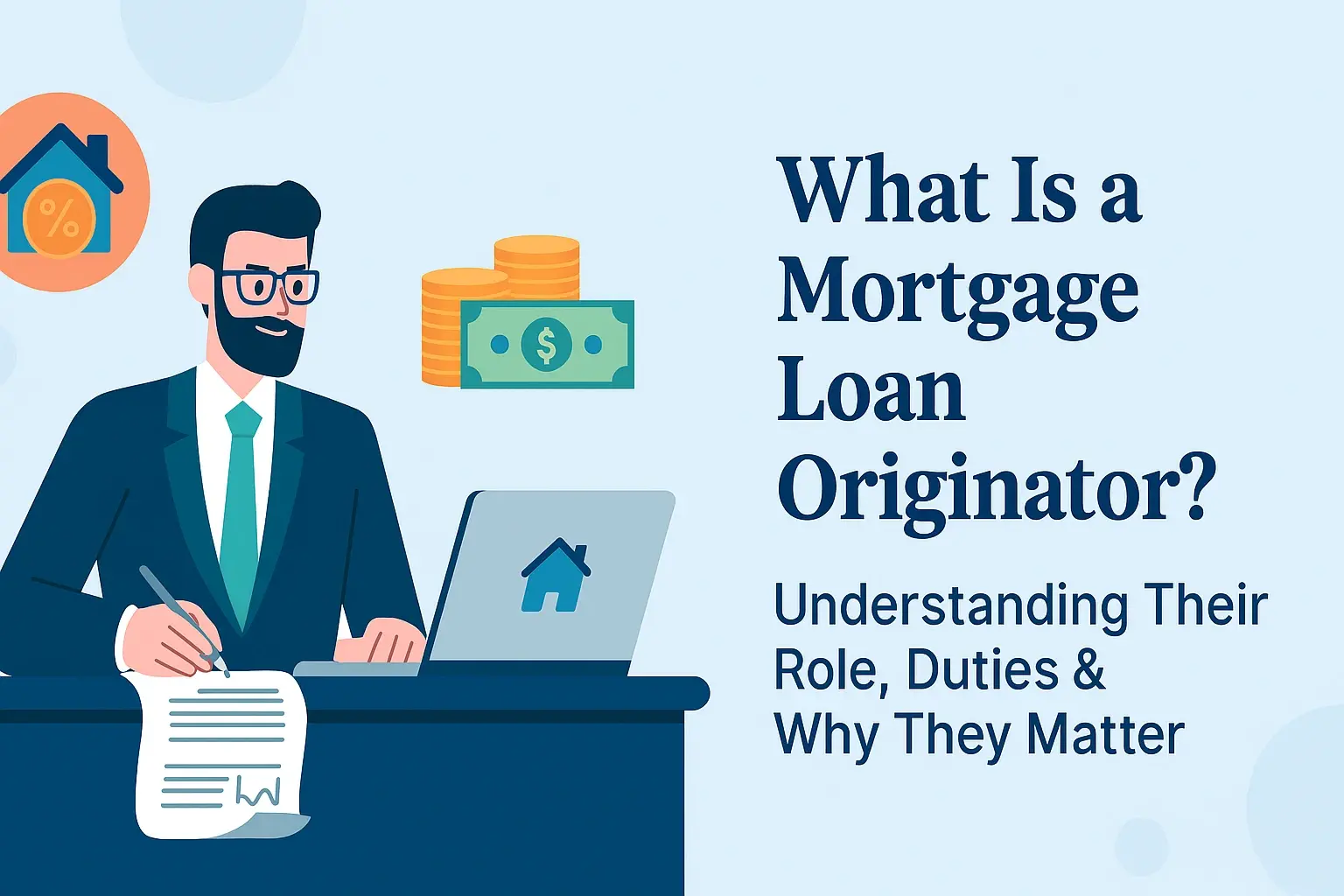-
Posted on: 23 Aug 2024

-
While we often hear about people getting home equity loans as a way of getting some quick cash, there are some things that you should think about when choosing this option. A home equity loan is another type of loan that enables a borrower to borrow money based on the value of his or her home. Used appropriately and effectively, the loan is a very useful financial instrument. Nonetheless, home equity loans also have risks that should be taken into consideration.
What Exactly is a Home Equity Loan?
One of the most appealing qualities of a home equity loan is the fact that it allows you to have a home ATM. The lender will give you a large sum of money at once which you will repay over a period with additional fees charged. This shows that the amount you can borrow is dependent on the amount of home equity that you have built in his or her home. Home equity can be determined by the difference between the current value of the house and the balance outstanding on the mortgage. Therefore, if you own a home worth $300,000 and owe $180,000 on your home, you have $120,000 of home equity. It is also important to note that, depending on the specific circumstances, most lenders will only allow you to borrow between 80% and 90% of your equity.
The Pros
There are a few potential benefits that make a home equity loan appealing: There are a few potential benefits that make a home equity loan appealing:
-
Low Interest Rates: This is because they are secured by the home, and hence lenders will offer more favorable interest rates as compared to unsecured sources of financing, such as credit cards or personal loans. Another advantage is that the interest you pay is often tax-deductible.
-
Pay Off Higher Interest Debt: Home equity loan can be used to consolidate those debts which have higher interest rates such as credit card debts using the lump sum of money from the home equity loan. This can help in cutting costs incurred on interests in the long run.
-
Finance Large Purchases: A HEL gives the borrower an opportunity to access cheaper credit for expensive ventures such as home improvements, college fees, or bills.
- Access Cash Quickly: As a type of second mortgage, a home equity loan takes longer to fund compared to a refinance, but still, it usually takes just a few days. This makes it useful in situations that require instant financial solutions.
The Cons
However, there are also downsides to tapping into home equity that need to be considered :
-
Closing Costs and Fees: However, like any other loan, a home equity loan involves some fees, such as application fees, appraisal fees, and a loan origination fee, although they are unlikely to be as high as those of a mortgage refinance. These can easily run into thousands of dollars.
-
Tax and Insurance Costs May Increase: It is important to note that when the combined loans surpass 80% of the home’s value, the property taxes and home insurance premiums rise.
-
Interest is Not Tax Deductible on Second Homes: For instance, when borrowing money through home equity on a second home or an investment property, the interest is non-deductible.
-
Loan Acceleration: In case of nonpayments, a lender can require you to pay back the required amount of money in full and right away. This could push you to foreclosure and this will not be good for your financial health.
-
Lower Loan-to-Value for Future Loans: When you apply for future financing, your lenders take into consideration your overall DTI and your LTV. With the home equity financing option, the total amount you can borrow in future loans is reduced.
- Equity Erosion: The value of an asset in housing changes from one period to another. If the value of the home declines and you owe more than the property’s value on your loan, then you can be chasing the loan.
Some of the considerations that can be asked before borrowing against home equity include
Because there are clear pros and cons to weigh, you want to consider the following before moving forward :
-
Why do I need the cash from this home equity loan? What will be done with the money? Is this something I need rightnown?w, Is it important enough to sacrifice my equity for?
-
What is the interest rate and fees attached to my current offer compared to other similar products such as a personal loan or credit card? How much I will be saving by borrowing against home equity?
-
At what period will I pay the loan? Is repayment affordable at the moment?
-
What if one day I wake up and I have no job, or my house is no longer worth the amount I paid for it? Would I be able to make monthly payments or pay off the loan sooner?
- Does borrowing against equity restrict the available avenues of funding future requirements?
Like any other significant financial decision, do not rush into accepting an online utility loan offer without researching the pros and cons in the short run and the future. Though financing immediate needs cheaper and faster seems more enjoyable, note that this should not be done at the expense of one of your biggest assets – home equity. Comparing your particular circumstances with the needs of the present and financial stability for the future will help you determine if a home equity loan is reasonable in your case or not.
Unlock better loan rates with a higher credit score—dial (888) 803-7889!
-









